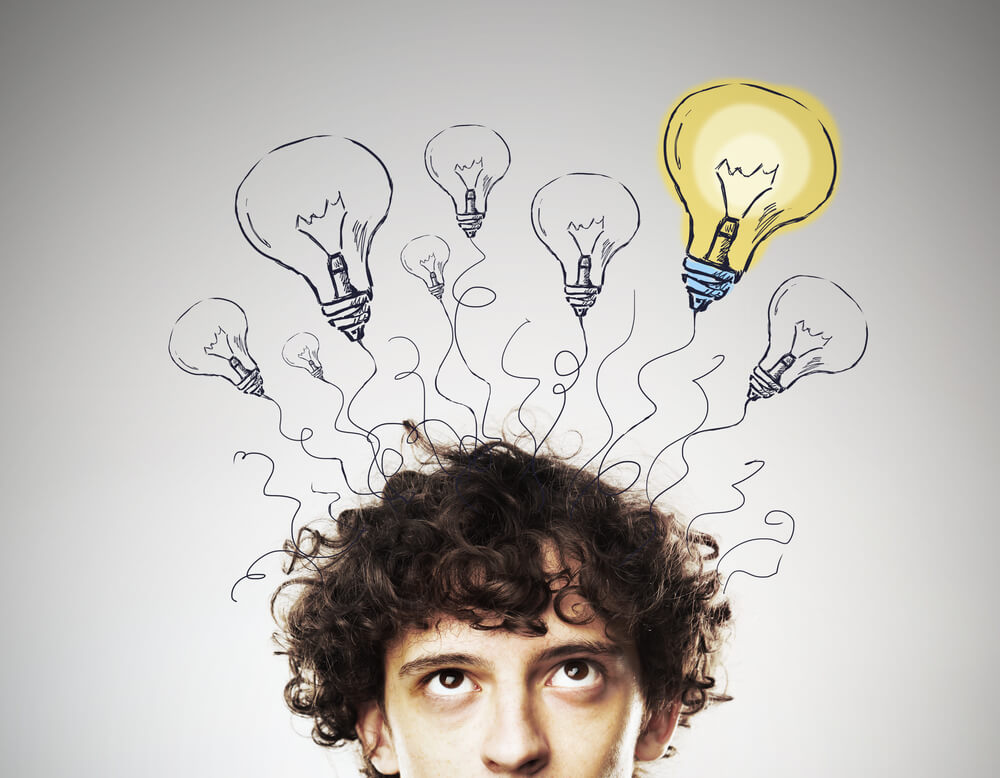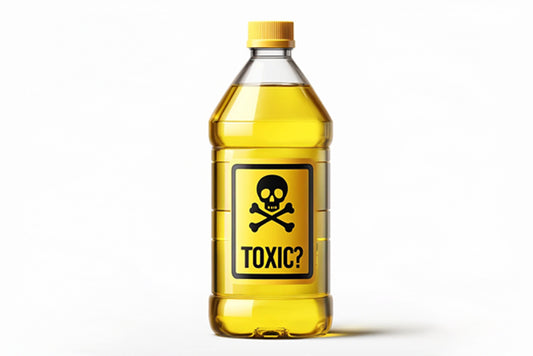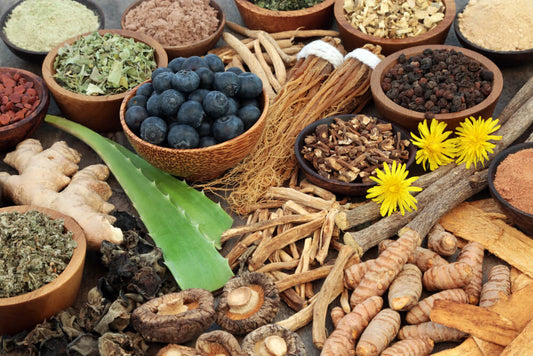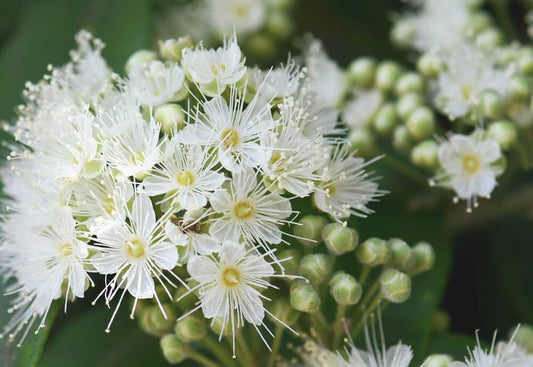
What are Nootropics?
Have you ever wondered what it would be like to be able to tap into your brain’s true potential? One way or another we’ve had moments when we wished we could have that burst of creativity or make calculated decisions in a moment’s notice. Enter nootropics, a type of supplement that aims to improve cognitive processes.
What You Should Know About Nootropics
While nootropics sound like wonder drugs, they aren’t. These supplements are said to enhance cognitive function and improve memory. Coined in the 1970s by Romanian scientist Corneliu Giurgea, the word nootropic is a portmanteau of two Greek words: ‘noos’, which means mind, and ‘tropos’ which means turn. A direct English translation would be “mind-turner” leaving one to imagine what it could possibly do to our minds.
Historically speaking, cognitive enhancement has been going on far longer than you would think. Humankind has sought ways to alter cognitive processes, may it be for medicinal, recreational, or creative purposes.
Over the course of time our knowledge about the brain expanded and we’ve come to challenge the way mental health is being treated and diagnosed. In the 2011 film Limitless, humans are said to be using only a portion of the brain and with the help of a special drug, one could easily attain full control and harness 100% of the brain's power. This is, of course, fictional; we are already using brains in maximum capacity but the idea of a supplement to help our minds think more clearly is in fact already a part of reality.
How Do Nootropics Work?
Nootropics is considered to be in a league of their own due to its purported effects on the brain. Initially used to help patients with ADHD and other cognitive illnesses such as Alzheimer’s, healthy individuals have sought out nootropics to aid in cognitive function.
Nootropics work by affecting a brain transmitter called GABA (short for (gamma-aminobutyric acid) which controls motor functions and other cortical functions. GABA helps calm down nervous activity, leaving one feel less stressed and in a more tranquil state.
Corneliu Giurgea believed that for substances to be classified as a nootropic, it should have the following features:
"Enhancement of learning acquisition"
"Resistance to impairing agents"
"Facilitation of interhemispheric transfer of information"
"Enhanced resistance to brain & aggressions"
"Increased tonic, cortico-subcortical 'control'"
"Absence of usual pharmacological effects of neuro psychotropic drugs"(Source)
In a nutshell, you have a nootropic in your hand if it can help improve your learning; enhance brain health; be able to process things better; protect the brain for degeneration; be more focused; and more importantly, it is safe to take. A nootropic should be able to boost overall cognitive functioning.
Effective Nootropics

Caffeine
Surprise, surprise -- caffeine is a nootropic! That kick we get out of drinking a hot cup of coffee or tea is from caffeine, a naturally occurring substance in plants such as coffee beans, cacao beans, and tea leaves. Caffeine not only perks us up when we need it the most (Monday blues, be gone), but it can also improve mental awareness and clear up brain fog. When you need a burst of energy, it seems to be second nature to have a cup of coffee to go.
Lion's Mane
A mainstay in ancient Chinese herbalism, lion’s mane mushroom has long been regarded as a potent supplement to help with cognitive function. It seems as though they were on the right track about their belief that lion’s mane can help with the prevention of neurodegenerative diseases -- the fungus helps restore damaged nerves and improve brain function.
A certain protein is vital for the proper functioning of nerve cells called the nerve growth factor or NGF. Lion’s mane has a positive effect on NGF and increases its levels, leading to better neural growth and improved cognitive processes.
Black Maca
In South America the Incas held maca powder with such high regard because of its purported effects on warriors: when consumed in large quantities it is said to increase vigor, energy, and strength, all three needed to aid a warrior in battle.
What is interesting to note though is that this cruciferous vegetable has nootropic properties. In a study done on mice in 2014, maca root may have an effect in learning and memory performance. This was a promising result and trials done on humans will help further strengthen such claims.
Cordyceps Mushroom
Fairly new to the nootropics scene is cordyceps mushroom. Just like lion’s mane mushroom, cordyceps seems to increase the NGF proteins in the brain. This is still a preliminary observation and would need further study, but those who have been taking cordyceps mushroom regularly have reported better cognitive performance.
Turmeric (Curcurmin)
Doctors and scientists used to believe that the brain has reached its peak by the end of childhood and didn’t have the capacity to form new connections from that moment on. This was, of course, debunked later on. The brain continues to form new connections even when we have reached old age. In fact, they can even increase in number in certain areas of the brain.
Curcurmin, an active ingredient in turmeric, can help increase brain-derived neurotrophic factor (BDNF) or the growth hormone that is responsible for the formation of new connections in the brain.
The decrease of BDNF in the brain has been linked to disorders like depression and Alzheimer’s disease. Because curcurmin has the capability to increase BDNF levels, one could prevent the development of age-related brain disorders.
Aside from natural supplements, there are over-the-counter medications and prescription-only drugs that have acted as nootropics. Make sure to visit your medical practitioner before getting into any type of supplement or medication especially if you have underlying conditions.
How to Take Nootropics
Superfoods Australia has been offering nootropics that can be conveniently incorporated into your diet.
Extracts come in powder form and can be added in drinks such as teas or coffee. Tinctures can also be added to your favourite drinks and is also recommended to be taken sublingually for a more potent effect. Capsules provide the most convenient way possible for adding nootropics to your diet.
The Takeaway
The benefits of taking nootropics seem to be very promising. We need to take measures to help counter the effects of aging and adding nootropics to a healthy diet should be a no brainer. Superfoods Australia offers premium products that have been ethically sourced from around the globe.













